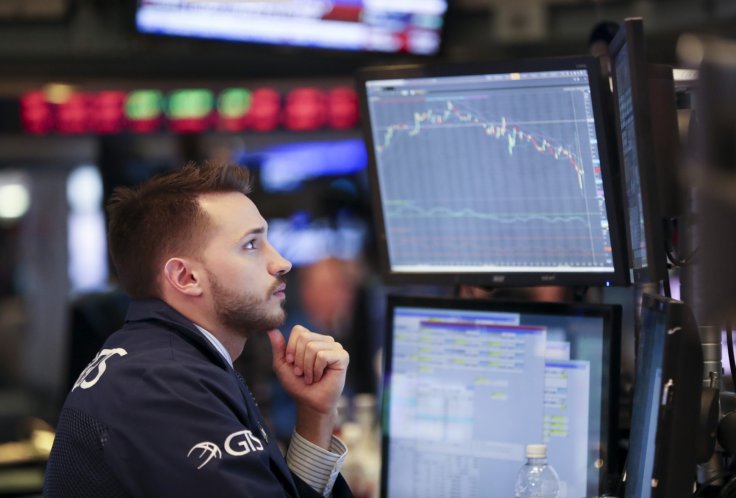Asian stock markets and the U.S. dollar struggled for traction on Friday after a rush of central bank meetings underlined the growing threat posed by a spike in global inflation, while fears about the omicron variant of COVID-19 added to a cautious mood.
The dollar index was trading at 95.999, off nearly 1% since Wednesday's high immediately after the Federal Reserve announced it would accelerate tapering of its emergency bond buying programme and prepare to raise rates more quickly next year.
Treasury Yields
The yield on benchmark 10-year Treasury notes was at 1.4275%, the lower end of their recent range, while the two-year yield, was at 0.6330% also having rolled off its recent highs.

"Ordinarily, in the wake of a more hawkish FOMC outcome, yields would be expected to rise in anticipation of the Fed tightening cycle," said analysts at Westpac in a morning note, referring to the Federal Open Market Committee, which sets monetary policy.
"However there are competing dynamics at present, with ongoing inflation fears sparking the Fed's tougher rhetoric being offset by fears that economic growth will be derailed by omicron in the near term," they said.
The Fed was the centrepiece of a busy week for central bank policy makers, many of which took a more hawkish turn.
Gains in the Pound
Also hurting the dollar were gains in the pound, which rose 0.45% on Thursday after the Bank of England surprised markets by becoming the first major global central bank to raise interest rates - hiking by 0.15 percentage points to 0.25%.
The euro firmed after the European Central Bank took another small step to roll back crisi-era stimulus.
The Bank of Japan will wrap up a bumper week for major central banks later on Friday. It is set to keep monetary policy ultra-loose but may dial back emergency pandemic-funding.
Share markets have failed to find a clear direction since the Fed meeting. Overnight the Nasdaq ended sharply lower as investors moved away from growth stocks like big tech and towards value names, pushing the S&P 500 value index up 0.7%.
Japan's Nikkei was 0.85% lower in early trading on Friday after rising 2.13% the day before in its best day in nearly seven weeks.
MSCI's broadest index of Asia-Pacific shares outside Japan lost 0.2%. It is heading for a weekly decline of 1.7%, and at 621.93 is only just above the year low of 615.99 set last week.
Chinese Stocks

Chinese stocks, particularly tech names, have been a major drag, with the Hong Kong benchmark touching its lowest level since September 2020 on Thursday, and falling 0.56% on Friday.
Kenny Ng, securities strategist at Everbright Sun Hung Kai said the softness was due to renewed investor attention on tense Sino-US relations.
"Recently, a number of new companies in the United States have been added to the sanction list, which has an impact on related shares and even market sentiment. It is expected that the Hong Kong stock market will continue to consolidate before the end of the year," he said.
The U.S. government put investment and export restrictions on dozens of Chinese companies on Thursday, including top drone maker DJI, accusing them of complicity in the oppression of China's Uyghur minority or helping the military, further ratcheting up tensions between the world's top two economies.
Oil prices slid in early Friday trading after rising 2% the day before. Brent crude falling 0.6% to $71.94 a barrel and U.S. crude losing 0.6% to $71.94 a barrel.
Spot gold was little changes, off 0.07% at $1,797 an ounce.








